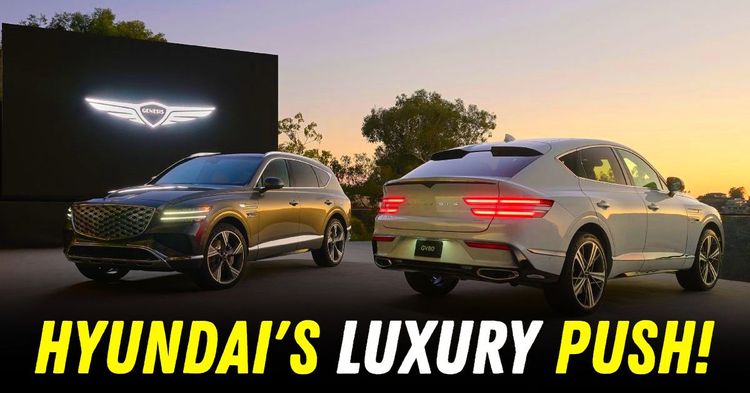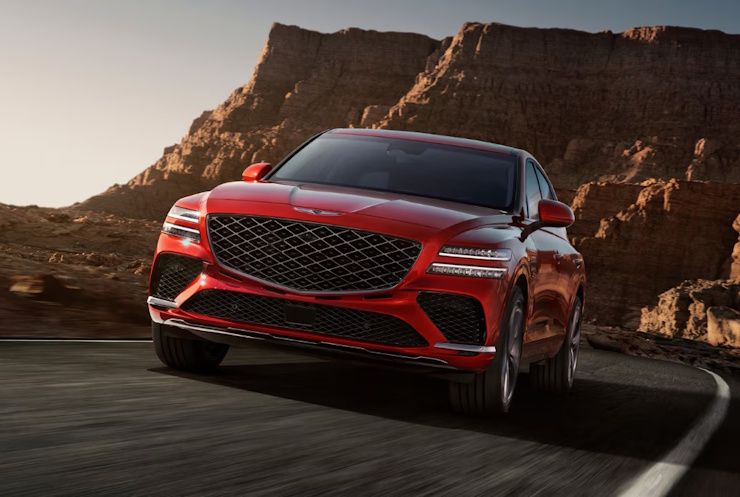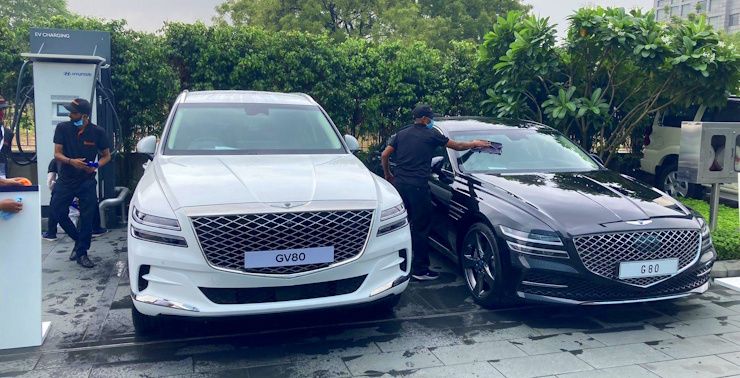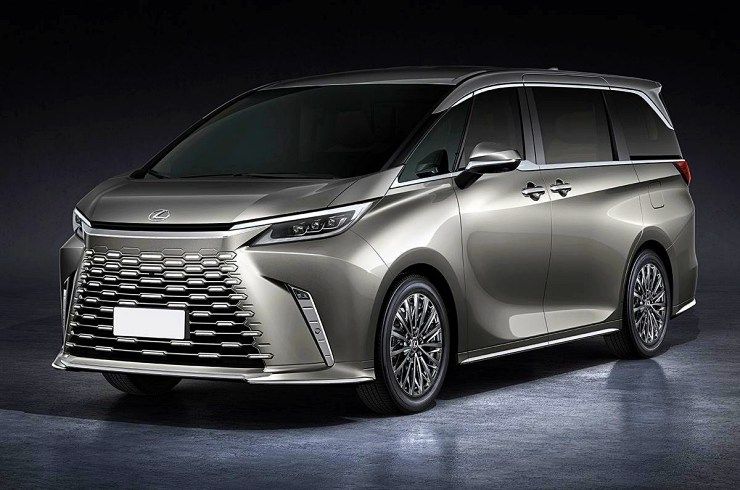Hyundai Wants To Bring Genesis Luxury Car Brand To India, But There's A Hitch....


Hyundai is seriously evaluating the launch of its luxury arm, Genesis, in India by 2026 or 2027. But there’s a catch. The company is holding back until there's policy certainty on how tariffs will apply to imported and locally assembled luxury cars.

It’s a strategic pause, not hesitation - a move that reflects the realities of India’s high-import-duty ecosystem and the fragile economics of selling premium vehicles in a value-conscious market.
Globally, Genesis has found success by positioning itself as a design-forward, tech-laden alternative to established German rivals. But unlike markets like the US or South Korea where branding, loyalty, and leasing play a large role, Indian luxury buyers remain highly price-sensitive - even at the top end.

Tariffs on Completely Built Units (CBUs) can exceed 100 percent, while the CKD (Completely Knocked Down) route allows lower duties if local assembly is involved. Hyundai is waiting to see whether India’s trade negotiations, particularly with the UK and the EU, and its evolving EV policies lead to a rationalisation of these duties.
The 2025 Union Budget hinted at a gradual shift, lowering some duties to promote cleaner and high-tech mobility. But the devil is in the details. Hyundai is unlikely to greenlight a full-scale Genesis rollout until it has a clear roadmap that ensures profitability or at least cost competitiveness against rivals like BMW, Mercedes-Benz, and Audi. All of them benefit from strong local assembly and after-sales networks.
The luxury market in India is at an inflection point. For years, it has been hovering in the 35,000 to 50,000 units-a-year territory, dominated by the German trio. But with growing affluence in Tier-1 and even Tier-2 cities, more consumers are aspiring to premium cars, especially SUVs. This is where Genesis could carve out a niche. Models like the GV70 and GV80 fit squarely into the mid-size luxury SUV category that’s seeing rising demand. Hyundai knows this. It also knows it can't afford a misstep.
If Genesis is launched before duty structures are relaxed, the pricing will push it too close to its German competitors therefore, undermining its value proposition. But with the right tariff framework, Hyundai could undercut rivals while offering more features, futuristic interiors, and a fresh design language.

India hasn’t been easy terrain for newcomers in the luxury or near-luxury space. Lexus, despite Toyota’s massive goodwill, has remained niche, largely due to steep CBU pricing and limited network presence. Citroën, though not luxury, serves as a warning: its pricing and unfamiliarity with Indian consumer preferences led to a slow uptake.
Hyundai, though, has advantages neither of these brands did. It has scale, an expansive network, a reputation for quality and reliability, and significant local manufacturing experience. What it doesn’t have yet is a clear regulatory green signal on how Genesis vehicles would be taxed - and that’s enough reason to wait.
Beyond volumes, Hyundai likely views Genesis as a brand halo strategy. While mass-market sales bring scale, premium sales bring margin and brand prestige. Hyundai has never quite had a luxury tier in India. Genesis could change that, not only offering premium SUVs and sedans but possibly spearheading high-margin EVs in the future. The GV60 electric SUV or the Electrified G80 sedan could appeal to a niche but growing cohort of EV-aspirants looking for something different.
A successful Genesis launch would also let Hyundai challenge Tata Motors and Mahindra in an unexpected way - not with volume but with aspiration. Both domestic brands are pushing upmarket with products like the Harrier EV and the XEV/XUV.e series. Genesis could offer Hyundai a shortcut to the top end of that game, provided pricing aligns.
For now, the entire plan hinges on policy. If duties remain steep, Genesis could remain a no-show or arrive in a token capacity, with Hyundai using it more as a branding exercise than a serious contender.
But if the trade and EV policy stars align, India could finally get a luxury brand that feels new, different, and potentially more accessible than its European rivals.
For Hyundai, it’s less about rushing in and more about playing the long game and quietly watching, planning, and waiting for the numbers to make sense.